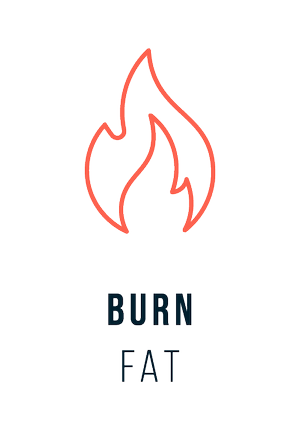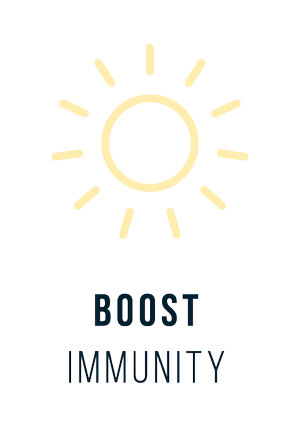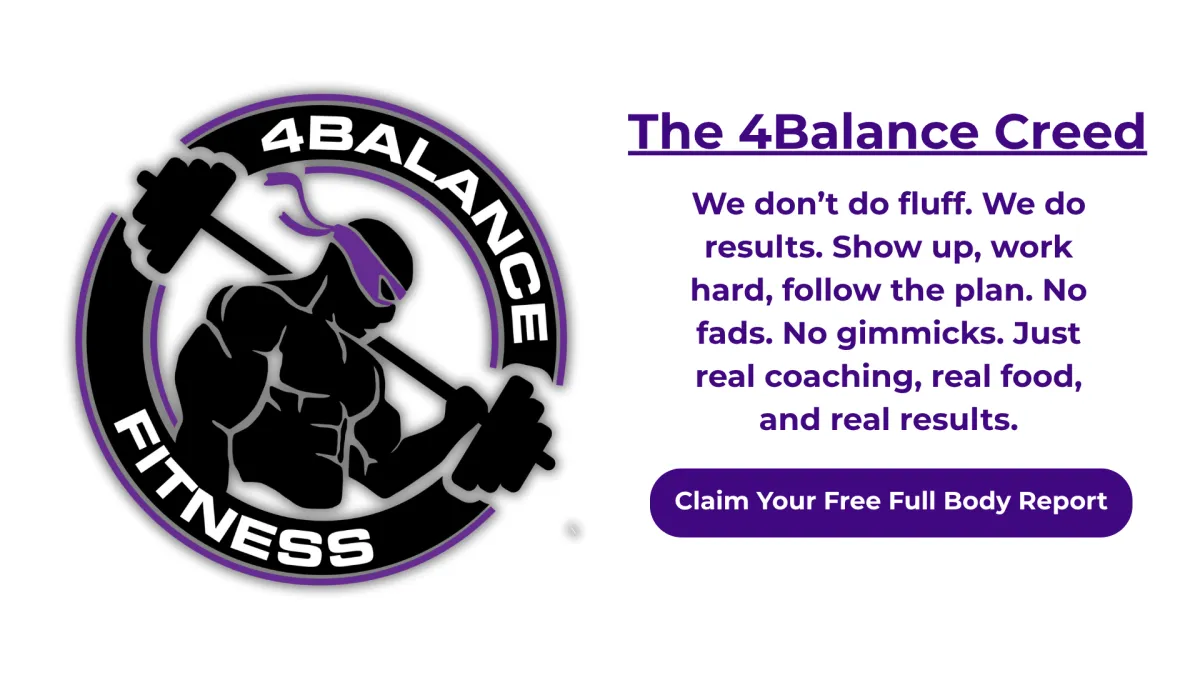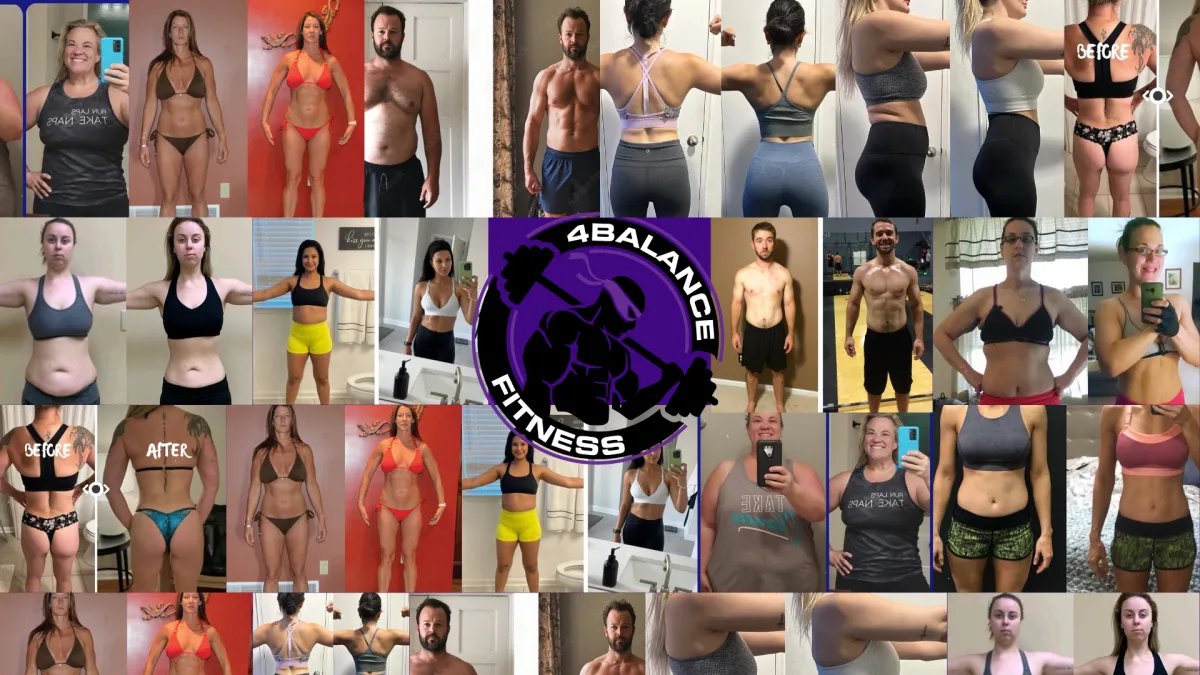The Best Shape
of Your Life...
Starts At The Best Personal
Training Gym In Greenville, SC
At 4Balance Fitness, we’re dedicated to transforming
lives through strength, nutrition, flexibility, and mindset.
Our mission is to help you build a healthier, stronger
body in a supportive, results-driven environment.
Whether you’re goal is to gain muscle, burn unwanted
fat, or improve overall wellness, we provide expert
guidance and a community that keeps you motivated
every step of your fitness journey!
It's Your Turn To See These Results!


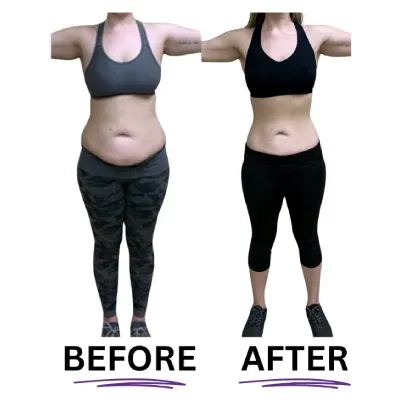
Stop Over complicating Your fitness!
At 4Balance Fitness, our fitness philosophy combines strength, movement, flexibility, cardiovascular endurance, core training, nutrition & mindset!
Together In a 60 minute workout, creates an environment where your body is always guessing! Causing a RIPPLE Effect that creates the RESULTS YOU WANT!
No GUESS work, No Machines To Figure Out. Just Show Up, Work Out, Go Home Recover & Repeat!
LOOK GOOD NAKED



Look Inside First! Using Our
In Body Scanner
First Things First. We need to take look under YOUR HOOD using the InBody Scanner!
The In Body Scanner gives us a reading that goes beyond a normal scale. This allows us to get a LIVE snapshot of exactly what's going on INSIDE of your body! Giving us the perfect edge to create a customized plan just for YOUR body!
Don’t think…just
work out & FUEL
At 4Balance We’re built for real people — not just fitness tech and fancy gear.
Nervous about walking through the door? That disappears fast.
We meet you where you are, scale every workout, and coach you with purpose — not pressure.
Injured? Out of shape? Don’t know where to start?
Good. That’s why we’re here.
Our coaching team will guide you, push you, and help you become the strongest version of yourself — one rep at a time.
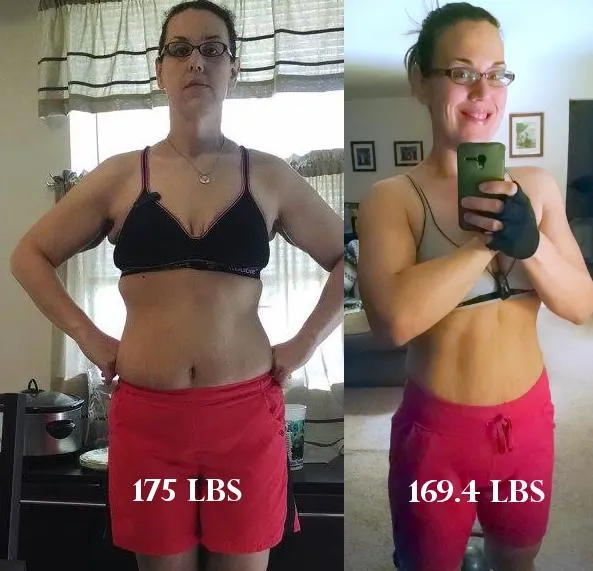

Get motivation from
4balance Besties
At 4Balance, we’re NOT professional athletes... Just regular people, like you!
Parents, professionals, service providers, first responders, business owners, and everyday people who show up for more than just a workout.
We push through stress. We chase progress. We high-five after the hard sets and hold each other accountable when motivation fades.
We’re not here for perfect — we’re here for better.
Stronger bodies. Sharper minds. Real results.
This is more than a gym. This is your people.
Welcome to 4Balance.
3 Fitness & Nutrition Plans Designed For AnY Ready To Work
Choose Your 4Balance Journey



1:1 Solo
Personal Training
Hybrid - 1:1 & Group personal Training
Remote /Online Personal Training
Tailored for those seeking personalized coaching, flexible scheduling, and customized nutrition support, our personal training memberships offer the guidance, motivation, and accountability you need to stay on track and achieve your goals. No matter where you’re starting from, we’re here to support, challenge, and empower you every step of the way.
Our Remote Training package is perfect for individuals outside of Greenville who are eager to refocus their health and performance goals. With a dedicated coach by your side, you'll receive personalized support tailored to your specific objectives, whether you're aiming for weight loss, improved fitness, or enhanced performance.
Enjoy the flexibility of remote sessions that fit your schedule, and benefit from expert guidance that empowers you to stay on track and reach your goals. No matter your starting point, we're here to support you every step of the way on your journey to success.
Our Online Coaching program is built for busy professionals who want expert guidance, structure, and results—without being tied to a physical gym. Whether your goal is fat loss, muscle gain, or simply feeling stronger and more energized, your personal coach will design a customized training and nutrition plan tailored specifically to you.
Enjoy the flexibility of training on your own schedule while still receiving accountability, progress tracking, and direct communication with your coach every step of the way.



Real people
REAL RESULTS


REAL Simple

GET Started Today
At the Best Fitness Studio in Greenville, SC.
Receive A Full Body Scan / Reading
Free 3 Part Training Session
FOR FREE
*This Offer Is For New Guests Only. Terms & Conditions May Apply.
Wellness articles & REsources
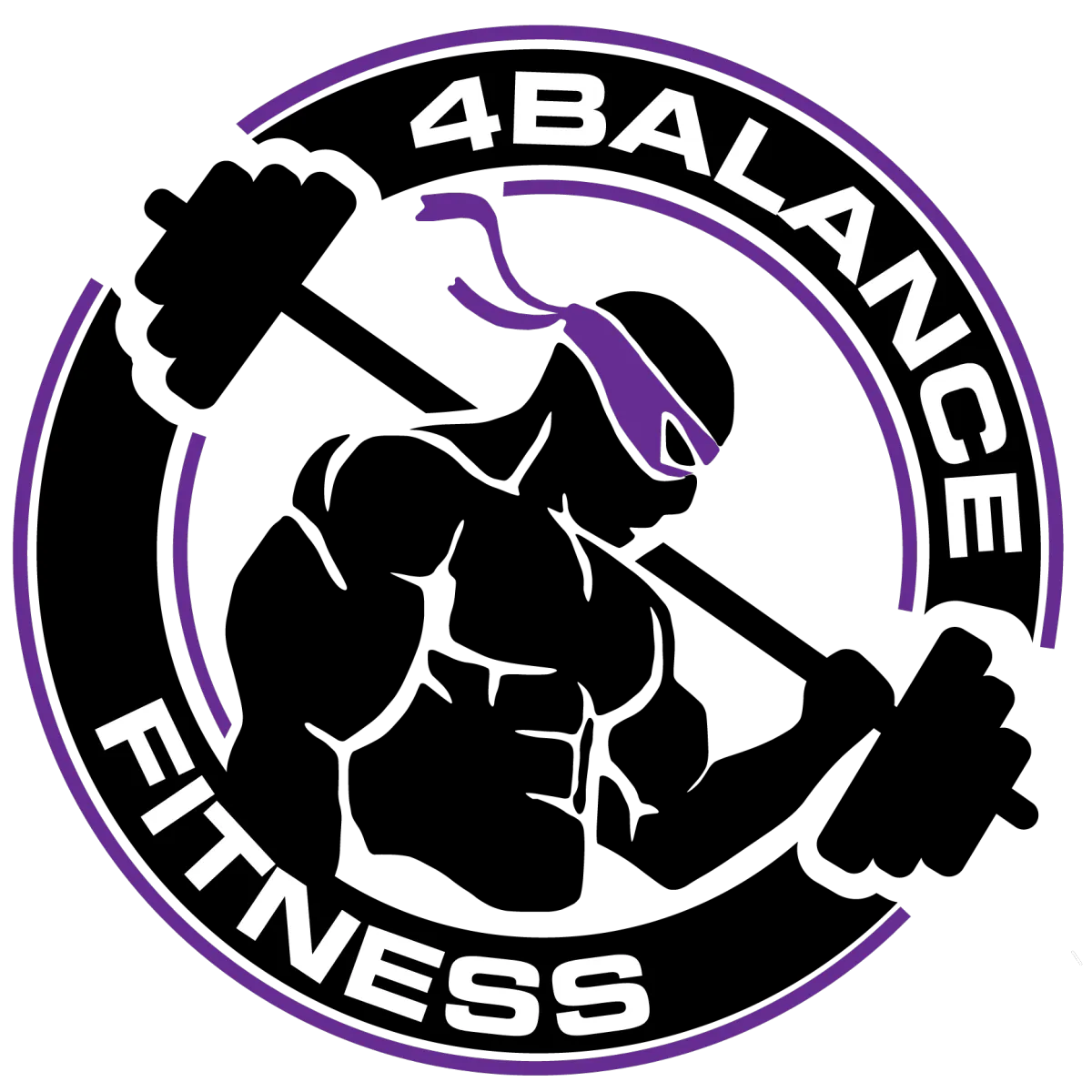


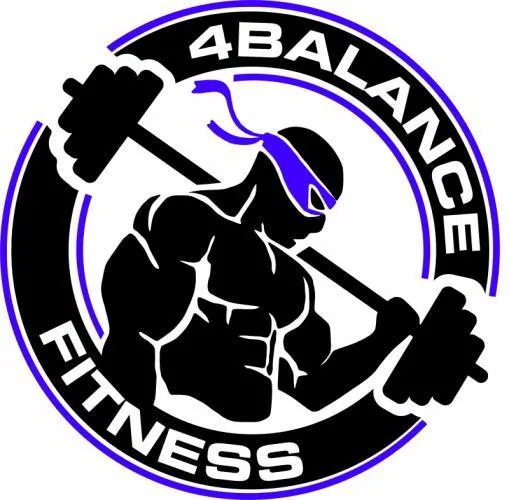
Shop for food like a fitness pro.
Download our guide to navigating the grocery store
like a pro. Discover the top tips and tricks for smarter shopping, healthier choices, and stress-free food runs.








Be your
Best you.
Get started at the best fitness studio in Greenville, SC.
We’re here to help
Getting started is easy at the Best Gym In Greenville, SC

Schedule Your Body Scan
Book a free trial for any
membership.

Start Your Free 3 Part Trial Session
Find the right memberships based on your lifestyle, goals, and budget

Finally Call A Gym HOME
Join our community of like-minded individuals here to support you.

This Website Was Built By The Team At:

Get Started
Experience
Other Method
Benefits
Barbell 101
Community
Today's workout
Articles
Membership
FAQS
Careers
Testimonials
Team
About Us
Call Us - 864-387-5928
286 Rocky Creek Road
Greenville Sc 29615

Opening Hours
Mon------5am - 7:30pm
Tue----- -5am - 7:30pm
Wed----- 5am - 7:30pm
Thu------ 5am - 7:30pm
Fri -------5am - 7:30pm
Sat------ 7am - 12:00pm
Sun--------- Closed
Contact
PHONE
Visit
ADDRESS
Copyright © 2025 Legacy Brands Media.
All rights reserved.
Free Offer | Pricing | Cancellation | Privacy Policy

The Best Gym In Greenville, SC
RESTORE YOUR HEALTH
At 4Balance Fitness, we’re dedicated to transforming lives through strength, movement, and mindset. Our mission is to help you build a healthier, stronger body in a supportive, results-driven environment. Whether you’re here to gain muscle, lose fat, or improve overall fitness, we provide expert guidance and a community that keeps you motivated every step of the way.


